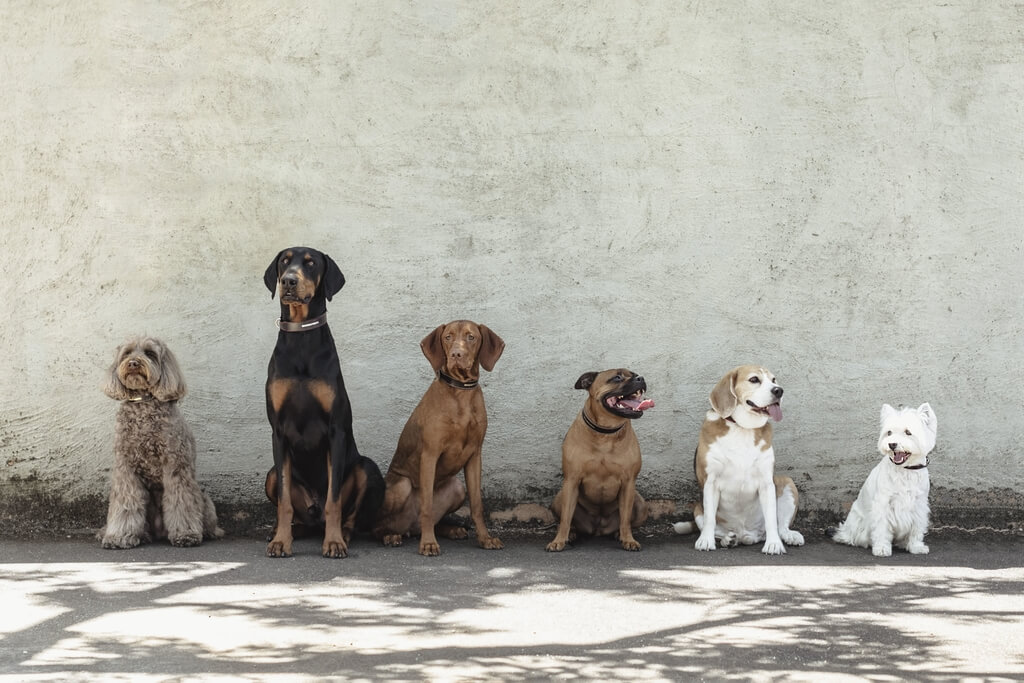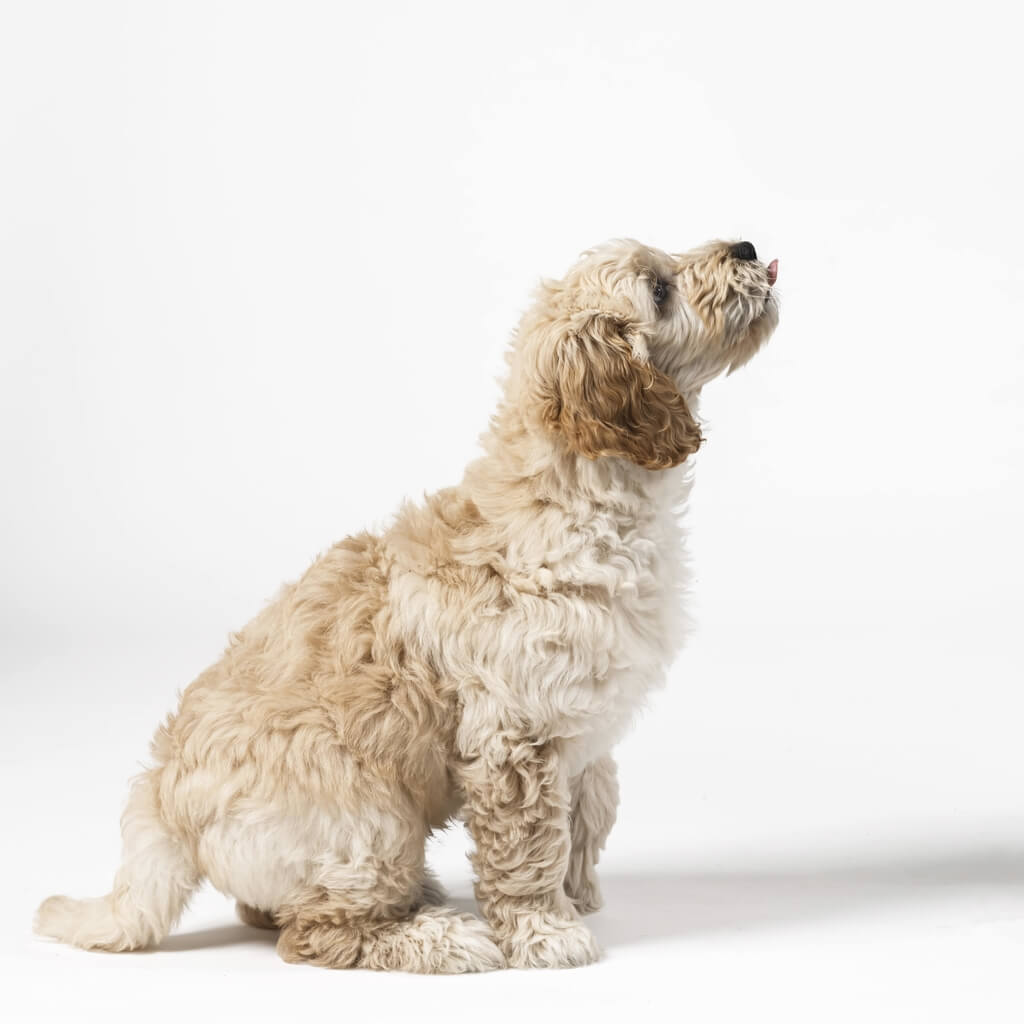Boredom Busters for your Dog with Dr Katrina
Like humans, dogs can become bored when deprived of adequate mental and physical stimulation. A bored dog will make his fun by finding its way to entertain itself, often resulting in destructive behaviours such as chewing, digging, and barking. Whatever they can find to pass the time.
Many young dogs become quickly bored when left alone if they do not have an outlet for their energy, and owners often come home to find a huge mess.
Destructive behaviour can also signify severe separation anxiety, and it is essential to differentiate between the two. Separation anxiety usually begins soon after the owner leaves, and often there may be signs of distress while the owner prepares to leave. Setting up a camera to film your dog will give you an understanding of what is happening. If you have any concerns consult your local vet, qualified dog trainer or animal behaviourist.
Physical Exercise
If you think your dog is bored, increasing their daily exercise is recommended. Generally, a tired dog is more likely to sleep while you are out. So make sure you are giving your dog enough physical activity.
Socialisation
Socialisation isn’t just for puppies. All dogs benefit from being exposed to new people and places. Change your daily walk routine to a different walk offering your dog new smells and interaction with other well-socialised dogs. It’s mentally stimulating and will help reduce doggy boredom.

Mental Stimulation
Giving your dog’s brain a workout is also an excellent way to help reduce your dog’s boredom. You may want to try the following;
Dedicated Training sessions
Training is a fantastic way to tire your dog out, and you have the added benefit of a better behaved dog as a result. Sessions do not need to be very long to make a difference – just 10 minutes, twice a day can give you great results. Focus on teaching behaviours that teach good manners like ‘lie down and ‘stay’ and use lots of natural treats as rewards. Gradually, increase the time you ask your dog to hold these positions and add distractions such as other people walking by.

Trick training
Teaching tricks is a fun way to enhance the bond you share with your dog and reduce their boredom. You can master a few simple tricks like shaking paws, begging and spinning in less than a week. More complicated ones like the ‘bang’ trick need to be taught slowly. Teach one trick at a time to avoid confusion and be generous with treats to keep your dog motivated.
Houndztooth’s all-natural, freeze-dried raw training treats are 100% Australian sourced. They are healthy, high reward and bite-size treats perfect for training and rewarding (and great as toy stuffers, too!). They are available in chicken, ocean trout, lamb and beef that your dog will love.
Provide safe chew toys
A suitable chew toy will help keep your dog occupied for long periods, but it’s essential to provide a chew toy that is safe and appropriate for your dog’s age, size and chew strength. Soft toys should not be used as chew toys. It is essential to supervise your dog closely to understand their chewing style to help you choose the appropriate toy for them. Some dogs have powerful jaws and always need to manage extremely tough and durable toys, and these dogs have to chew toys. Be sure to rotate their toys regularly, so they don’t become bored.
Games
Most dogs love playing games, so get creative and make up some games that you both enjoy. Hide-and-seek with treats is an easy way to entertain your dog. Sprinkle your dog’s treats around the house or outside in your backyard and let them sniff out each treat.
